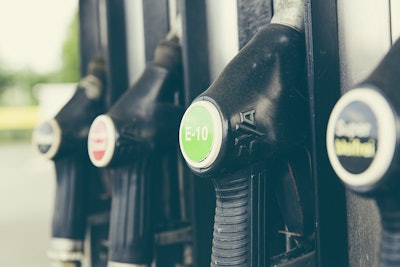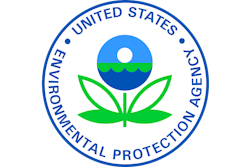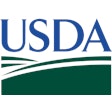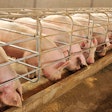
A proposed rule to implement the Environmental Protection Agency’s Renewable Fuel Standard fails to account for the real harm caused by the agency’s excessive use of small refinery exemptions over the past three years, the American Farm Bureau Federation warned today.
“In recent years, the number of small refinery exemptions has increased dramatically, which is problematic because it means refiners blend fewer gallons of renewable fuels into gasoline,” AFBF said in recent comments on the proposal.
Between 2013 and 2015, EPA granted no more than eight small refinery waivers per year. The current administration retroactively approved 19 waivers for 2016, granted 35 waivers in 2017 and another 31 in 2018 – ultimately exempting more than 4 billion gallons of renewable fuel obligations over the past three years.
The organization also took issue with the percentage of exemption applications that have been approved since 2016. Before the current administration took office, EPA approved between 50% and 62% of the applications. Under this administration, EPA approved 95% of the exemptions requested in 2016 and 2017 and 74% of the petitions in 2018 – after prolonged pushback from key agriculture and biofuel industry stakeholders.
“These decisions have had significant impacts on struggling farmers, who have watched the demand for corn grown for ethanol drop as the renewable fuel volume obligations diminish with each exemption granted. It is alarming that the agency will continue down this path as farmers are facing extreme weather challenges, trade headwinds and a rural economy nearing its breaking point,” Farm Bureau said.
The main problem with EPA’s proposal is that it bases the projected volume of gasoline and diesel that would be exempt in 2020 on the three-year rolling average of relief recommended by the Department of Energy, rather than the three-year rolling average of actual exemptions.
“This is problematic because DOE’s projections for the volume of biofuels that will be exempted are often much lower than actual exemptions,” Farm Bureau explained.
Farm Bureau is also calling for the inclusion of language in the final 2020 renewable volume obligations that binds EPA by regulation to use the three-year rolling average of actual exemptions in all future renewable volume obligation rulemakings, not just 2020.

















